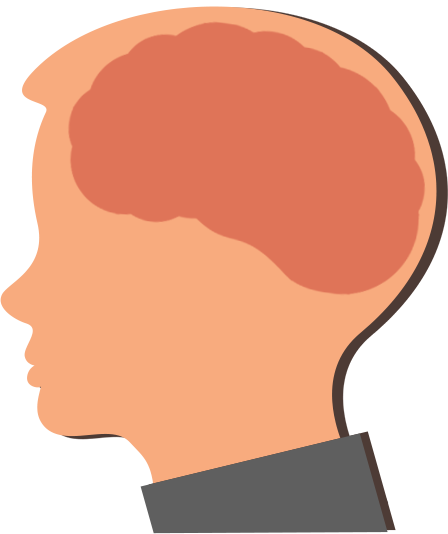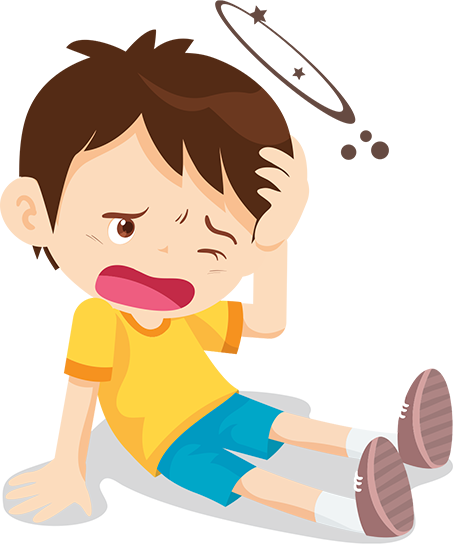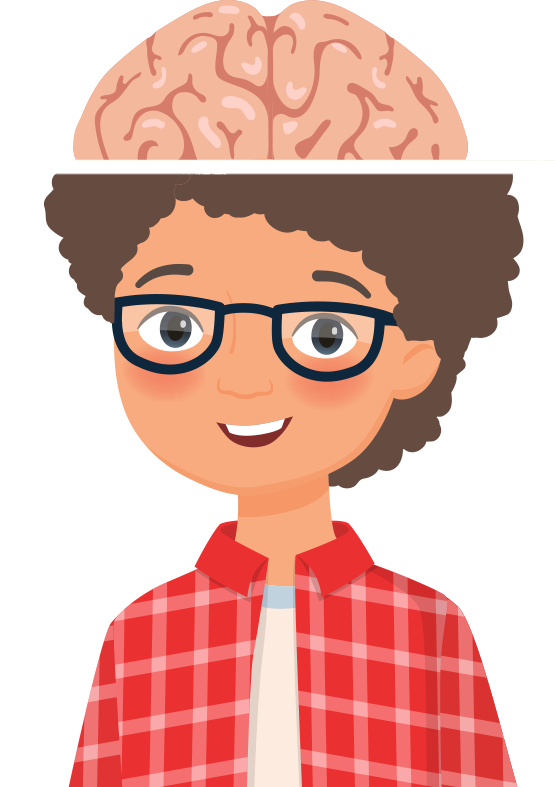Traumatic Brain Injury in Kids

Signs of Traumatic Brain Injury (TBI) in Children

A traumatic brain injury (TBI) may occur after an accidental bump or jolt to the head. If a child suffers a brain injury, the chances for a full recovery largely depends on the severity of the injury.
All traumatic brain injuries are not created equal. That’s especially true when comparing TBI in adults and children. Because a child’s brain is still developing, the ultimate impact of a brain injury may not be known for years after the accident.
Common Causes of Pediatric TBIs

Sports injuries

Motor vehicle accidents

Violence


falls

Bicycle accidents

Struck by or against an object
Common Types of TBIs

Concussion
Mildest and most common form of brain injury in children, may or may not cause loss of consciousness

Coup-contrecoup
Internal bleeding caused when the brain is struck from one side and slammed into the opposite site of the skull and back

Penetrating head injuries
Occurs when an object pierces the skull

Diffuse axonal
Shears the connecting fibers of the brain (called axons) due to rapid acceleration and deceleration of the head

Contusion
Bruising or bleeding on the brain
Signs & Symptoms
- Loss of consciousness
- Headaches
- Dizziness
- Vomiting
- Confusion
- Sleepiness
- Dilated or uneven pupils
- Memory problems
- Academic difficulties
- Vision or hearing changes
- Balance problems
- Difficulty reading
- Impaired speech or trouble
understanding what others say - Mood changes
- Irritability


What parents should do after a bump on the head will depend on the degree of trauma experienced by the child. Anything that causes loss of consciousness for more than one or two minutes needs a doctor’s attention.
Other tips after a head injury:
-
Watch your child:
Is he or she alert and back to normal? You may not need to see a doctor. If the child is vomiting or has abnormal pupils, visit an emergency room immediately.
-
Monitor carefully:
Wake your child every 2 hours in the first 12 hours after the accident. Get emergency help if he or she cannot be awakened. Continue to look for any unusual behavioral, physical, or emotional changes.
-
See a doctor:
If you feel unsure for any reason about whether to see a pediatrician about your child’s TBI, go. It’s better to be safe than sorry.

Call for a Free Consultation
(626) 314-6621








